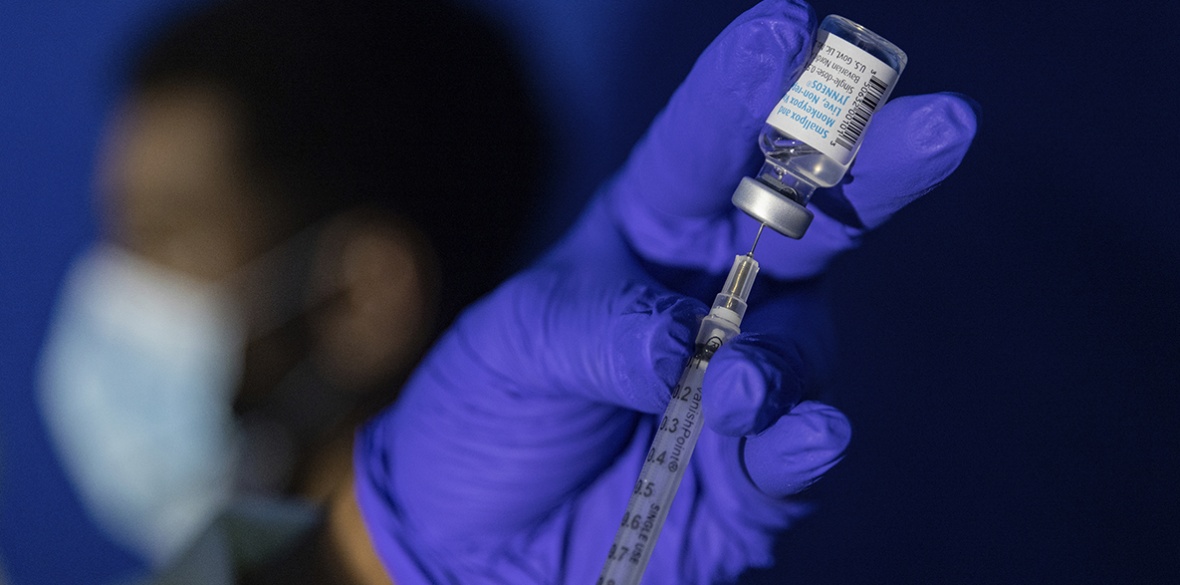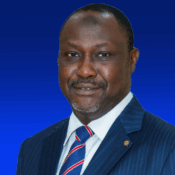
Africa may not receive Mpox vaccines for several months
Despite the World Health Organization’s consideration of following Africa’s foremost public health agency in declaring the outbreak an emergency, vaccines to mitigate the escalating mpox outbreak in the Democratic Republic of Congo and neighboring countries may not be delivered to the central African nation for several months.
For the first time, the Africa Centres for Disease Control and Prevention declared a public health emergency of continental concern on Tuesday. A WHO-led panel will convene on Wednesday to determine whether it poses a global hazard.
However, despite the expectations of experts that the meetings would inspire global action, numerous challenges persist, such as inadequate funding, a scarcity of vaccines, and concurrent disease outbreaks.
“The disease is spreading, so it is crucial to declare an emergency,” stated Jean-Jacques Muyembe-Tamfum, the director of Congo’s Institut National pour la Recherche Biomedicale (INRB). He expressed his expectation that any declaration would contribute to the provision of additional funding for surveillance and the promotion of vaccine access in the Democratic Republic of the Congo.
However, he recognized that the path ahead was challenging in a vast nation where health facilities and humanitarian funds are already overextended due to conflict and the emergence of diseases such as cholera and measles.
“The big declarations will not make any material difference if they remain mere words,” stated Emmanuel Nakoune, an mpox expert at the Institut Pasteur de Bangui in the Central African Republic.
The Africa CDC announced last week that the Africa Union had provided it with $10.4 million in emergency funding for its mpox response. On Tuesday, its director general, Jean Kaseya, stated that a clear plan was in place to secure 3 million doses of vaccine this year, without providing any additional details.
In the short term, it is anticipated that only 65,000 doses will be available, and campaigns are unlikely to commence before October, according to sources involved in the planning of a vaccination roll-out in Congo.
The Africa CDC has reported that there have been over 15,000 suspected cases of mpox in Africa this year, with 461 fatalities, primarily among minors in Congo. The viral infection is typically moderate, but it can be fatal. It results in pus-filled lesions and flu-like symptoms.
This year, a novel virus offshoot has caused epidemics in refugee centers in the eastern region of the Congo and has expanded to Uganda, Burundi, Rwanda, and Kenya for the first time.
A distinct strain of the virus, which was globally transmitted in 2022, is also causing epidemics in Ivory Coast and South Africa. The virus is primarily affecting men who engage in sexual intercourse with other males. The World Health Organization (WHO) declared a global emergency in response to this pandemic, which was subsequently resolved 10 months later.
Then, two vaccines were employed: LC16, manufactured by KM Biologics, and Jynneos, manufactured by Bavarian Nordic. In Congo and throughout Africa, where the disease has been endemic for decades, neither has ever been available outside of clinical trials. Children are permitted to utilize exclusively LC16.
The government of Congo has not yet officially requested any vaccines from manufacturers or governments such as the United States that are interested in making donations through the global vaccine group, Gavi. However, the use of the vaccines domestically was approved by Congo’s regulators in June.
All Categories
Recent Posts
Tags
+13162306000
zoneyetu@yahoo.com



